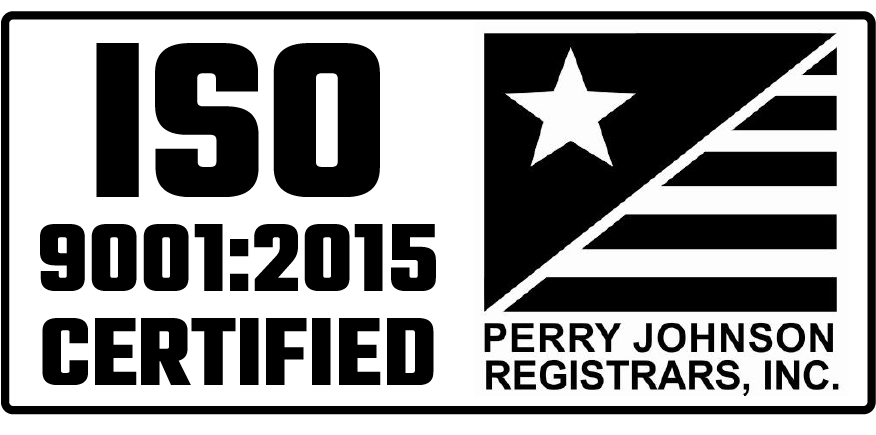Do you feel like you’re managing your supply chain vendors more than your day-to-day business operations? The sentiment is not uncommon among OEMs. When switching or selecting a new supplier for your company, it can be difficult to determine which one will meet your specific needs. Is it the one with the lowest bid? The fastest turnaround time? The better quality product? These factors all play a critical role in making a wise decision.
There are even greater considerations, however, that can propel a vendor from merely being a supplier to being a strategic partner that helps you reach your business goals and growth initiatives. If you’re seeking such a relationship, move beyond the questions about price and product and get answers to these following questions as well.
1. Does my supplier approach me to understand my unique needs or do I have to approach them?
A true partner looks out for your best interests and works alongside you to understand your business, share in the risk and reward, build trust, and tailor solutions to give you a competitive advantage. Is your supplier asking about your strategic objectives and goals and offering custom solutions to help you achieve them? That’s the kind of proactive approach that adds value.
2. Does my supplier update me about project delays and scope reductions or do I end up discovering these on my own?
In an ideal world, every order would finish on time and on budget. If that doesn’t happen, is there open communication along the way? Are they calling you with updates, or are you calling them to find out what’s going on with an order? Being notified early on regarding any delays or potential budget concerns allows you to make necessary adjustments. A partner values trust, honesty and integrity, and will be transparent throughout the entire process.
3. Are your suppliers looking for opportunities to help you perform your job more easily?
The cost of expediting orders and managing schedule changes is not only expensive; it causes stress and inefficient work practices on both the OEM and the supplier’s end. Having a partnership with a supplier that proactively looks for ways to improve processes and communication is key in reducing frustrations and improving reaction time. They’ll seek out mutually beneficial changes and cost-reduction solutions, and work relentlessly to increase your bottom line.
4. Does your supplier work with your designers and engineers?
Perhaps the greatest way to save money is to “get it right the first time.” A vendor partner does more than just take orders; they should have the capability of building exact to spec or designing an assembly from concept. Does your supplier have a team of experts who works with your engineers and technicians during the development phase to ensure that the design and function of a component is conducive to the final application? This collaborative approach can minimize costly problems down the road and help a manufacturer get to market faster and gain a competitive edge.
5. Do your suppliers come to you with ideas to improve the relationship?
A partnership is a two-way street, and neither party should shy away from offering suggestions to improve communication or further the business relationship. If there are tensions, does your supplier sit down with you to discuss solutions and are they willing to have the hard conversations? A relationship with a supplier should go beyond mere transactional interactions.
6. How flexible is your vendor?
In the fast-paced world of OEM, change can happen overnight, and your suppliers will need to adapt to your evolving needs. When an order is changed or modified, consider how responsive your supplier is and whether they are accommodating or become contentious. Can they provide quick turnaround for prototypes or customize solutions to an unexpected design challenge? A true partner will work with you and help you problem solve.
7. Does your supplier accurately fill orders and meet expectations?
Consistency and reliability is the cornerstone of any successful company. It’s easy to make promises, but when a supplier delivers on those promises and even exceeds them, you know you’ve found a good fit. Dependability is essential, and great suppliers will ensure you get the product you need, when you need it and at the quality you expect.
8. Do you sometimes feel trapped in the relationship?
Every business relationship can have its ups and downs, but when frustrations become the norm, it’s time to look elsewhere. Seek a supplier that has proven processes in place to ensure that value is added through every stage of the partnership. For highly specialized OEMs, the prospects for suppliers can seem slim, but it’s worth your time and mental well-being to make sure you’re not only getting the best product at a good value, but the best partner.
Seek a supplier that will be a strategic partner and doesn’t have a one-size-fits-all approach. By partnering with a supplier that helps develop solutions, understands your business goals and can offer value beyond price, you’ll be able to form a strong relationship that is mutually beneficial for years to come. Read our case study, "How MCL Minimized A Customer's Production Delays" to understand just how impactful a true partner can be for your business. Click the button below for your copy.





